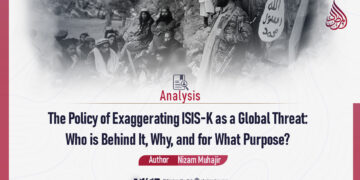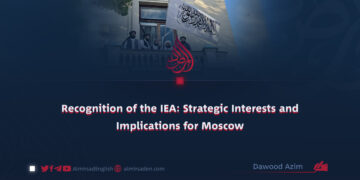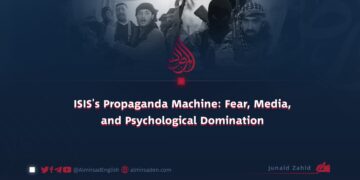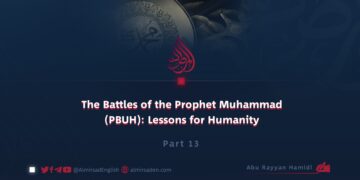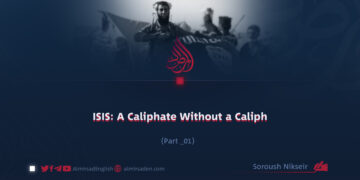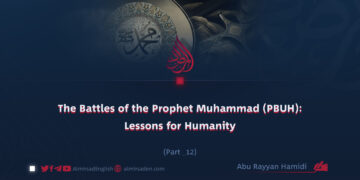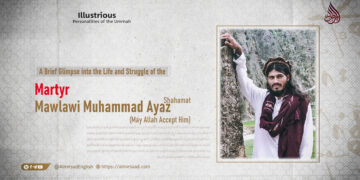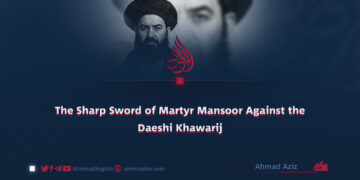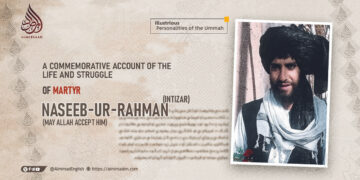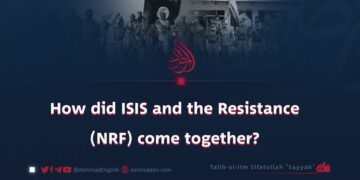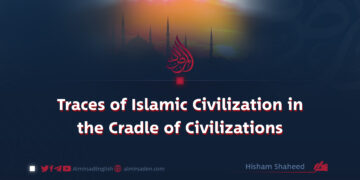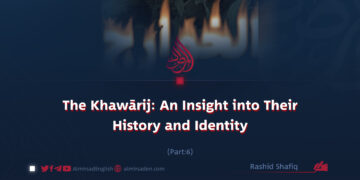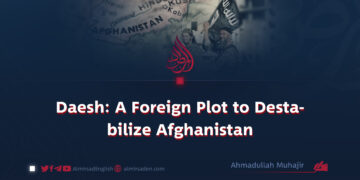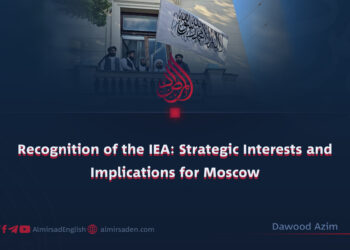Author: Ahmad Abid
ISIS, a terrorist and extremist group, was officially established in 2014. Initially, this group claimed to seek the establishment of a global Islamic Caliphate and took control of vast areas in Iraq and Syria. However, over time, it lost what it had gained due to misinterpretation of religion and excessive extremism.
Although ISIS claims to pursue the establishment of an Islamic Caliphate, in reality, it has tarnished the concept of an Islamic system.
The group’s ideologies regarding the Islamic Caliphate and Sharia laws, though presented in the name of Islam, have been critically examined and rejected by numerous Islamic scholars and Muslim intellectuals.
In Islam, the Caliphate represents leadership in society based on justice, consultation, and the preservation of human rights. The Rightly Guided Caliphs (Khulafa-e-Rashideen) were chosen through the pledge and consultation of the people, not through force or violence. The approach ISIS adopts—imposing its rule and Caliphate through coercion and terror—bears no resemblance to the Islamic Caliphate. A caliphate born out of fear and intimidation lacks all religious legitimacy.
Islamic Sharia emphasizes justice, mercy, and reform, implementing punishments only under strict conditions and after the complete proof of a crime. However, ISIS enforces Sharia in an extremist and distorted fashion, utilizing it as a mechanism to subjugate adversaries.
Jihad, an essential first step toward the establishment of the Islamic Caliphate, refers to the struggle against oppression and the defense of the oppressed. According to Islamic law, protecting civilians, women, children, and even the elderly of the enemy is obligatory during jihad. Contrary to these teachings, ISIS targets civilians and commits war crimes that contradict Islamic values.
The Islamic Caliphate is meant to unite the Muslim Ummah, and this unity is its primary goal. Islamic teachings consider division and takfir (declaring other Muslims as infidels) as major sins. However, ISIS disrupts this unity by declaring other Muslims as infidels, thus serving the enemies of Islam instead of strengthening it.
Islamic Sharia was designed to establish justice, mercy, security, prosperity, and other noble objectives. Yet, ISIS’s actions not only fail to benefit the Muslim Ummah but also contribute to the defamation of Islam and the global discrediting of Muslims.
The points mentioned above clearly demonstrate that ISIS’s ideology contradicts the fundamental principles of Islam and Quranic guidance. By distorting Islamic concepts and offering extremist interpretations, ISIS harms Islamic societies and provides excuses for global Islamophobia.
Despite opposing all Islamic and political movements in the Muslim world, ISIS now attacks the sacred system of the Islamic Emirate, a system based on Islamic Sharia that governs Afghanistan. Its primary goal is the implementation of Islamic rulings. All laws, policies, and decisions of this government are designed and implemented based on Hanafi jurisprudence.
In contrast to democratic frameworks, the Islamic Emirate does not necessitate general elections or a parliament, as its legitimacy stems from religion. In this system, senior officials are appointed by the leader and are required to adhere to Sharia and the tenets of the Emirate.
The Islamic Emirate upholds Afghanistan’s Islamic, cultural, and traditional values and endeavors to shield society from the cultural influences of the West. It places significant emphasis on maintaining security and has established stringent Sharia punishments to deter transgressions, including hudood, qisas, and ta’zir, in order to preserve societal order.
Despite these Sharia-centric attributes, ISIS harbors intense hostility towards the Islamic Emirate and undermines its sacred status. ISIS not only opposes the Islamic Emirate of Afghanistan but also clashes with numerous other Islamic and jihadi factions due to ideological and strategic disparities. It seeks to derive religious edicts based solely on its extremist interpretations.



